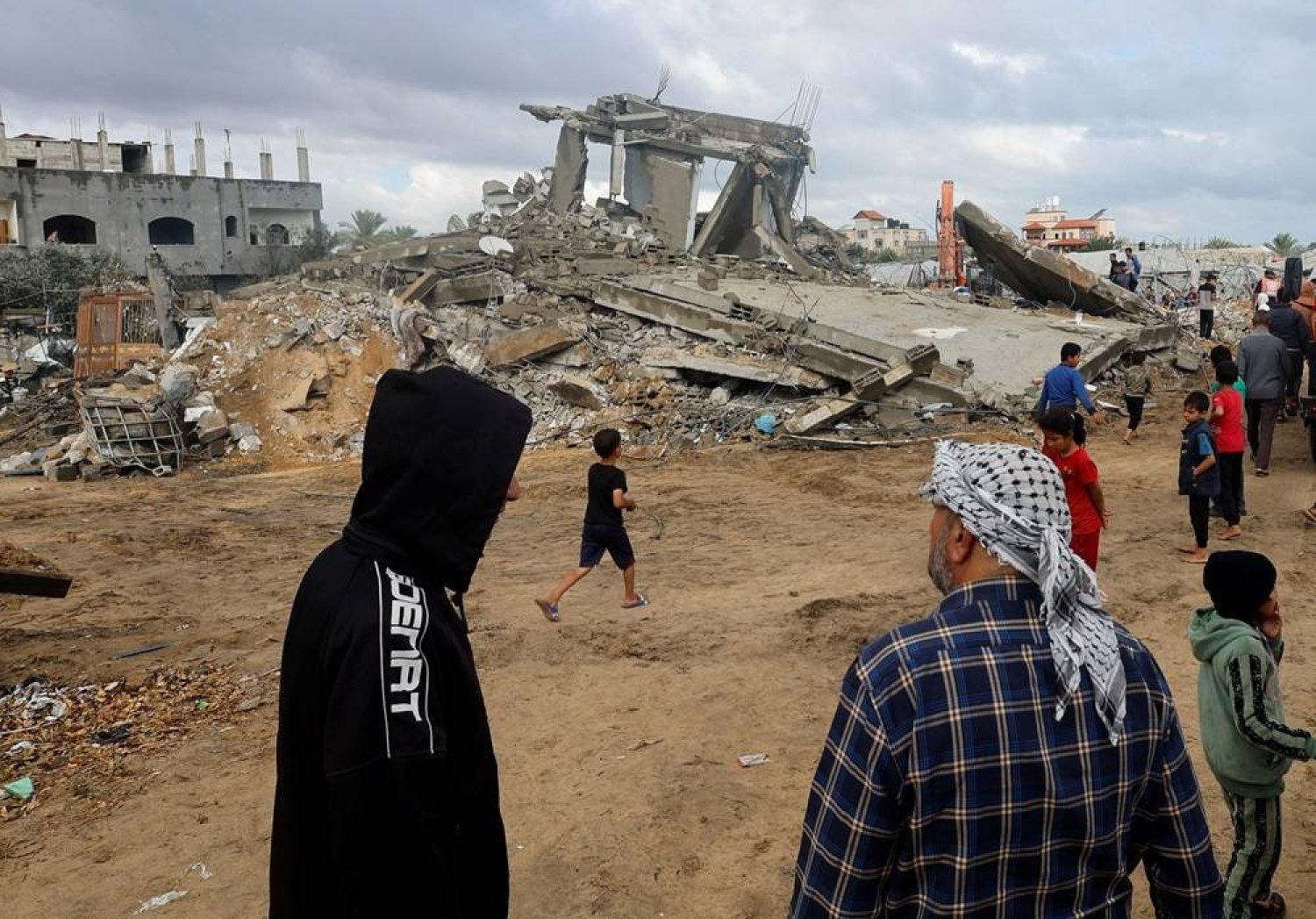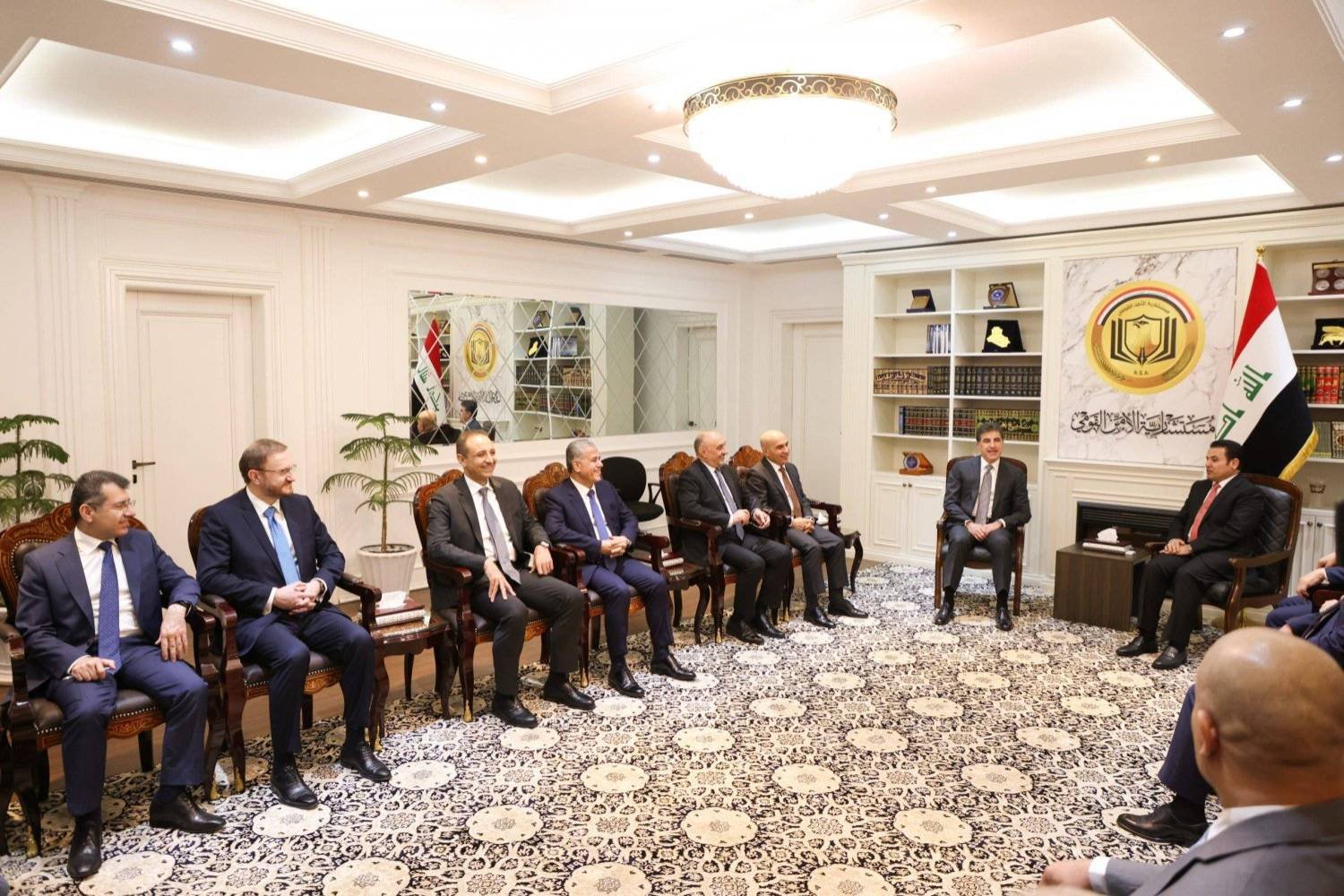United Nations Special Envoy for Yemen, Hans Grundberg stressed on Thursday that the two-month truce in the country provides a "rare opportunity" for peace.
In a briefing to the UN Security Council, he hailed the recent steps taken by Saudi Arabia and the Gulf countries to support the mediation efforts taken by the UN to reach a negotiation settlement to the conflict.
Grundberg said: "There is light at the end of the tunnel. After some three months of bilateral negotiations, the parties have agreed to a United Nations initiative for two-month nationwide, renewable truce. The first nationwide truce in six years."
He added that it started with the start of the holy month of Ramadan and includes provisions to improve the freedom of movement of goods and civilian men, women and children.
"Thus far, the agreement is broadly holding. It offers a moment of respite for Yemenis, and a moment of possibility for pursuing peace. But it requires continued commitment from the parties and broad support from the region and the international community to make sure it holds and becomes a turning point toward peace," he stressed.
"Since the start of the truce, there have been encouraging signs that halting the cyclical patterns of escalation is possible. There has been a significant reduction of violence and civilian casualties. There have been no confirmed airstrikes inside Yemen or cross-border attacks emanating from Yemen."
"There is more fuel flowing through Hodeidah ports into the country. Preparations are underway for commercial flights to depart from Sanaa airport for the first time since 2016."
"My Office is working to bring the parties together to open roads in Taiz and other governorates. The impact of this on Yemeni lives, as well as the symbolism, should not be underestimated," revealed Grundberg.
"Although the truce is broadly holding, reports of military operations, particularly around Marib, are concerning and must be addressed urgently through the mechanisms established by the truce," he continued.
"Many Yemenis have told me that they fear the truce will be exploited and used to set this stage for a new escalation. This fear is understandable given the lack of trust and past experience. And I want to remind the parties that the foundational principle of the Truce is that the respite it offers should be used to make progress toward ending the war, not to escalate it," he emphasized.
"The parties have publicly committed to de-escalation, and this is what the Yemeni people and the international community expect of them. My office has established coordination mechanisms for all aspects of the truce and I encourage the parties to engage seriously and meaningfully in those mechanisms."
The envoy spoke of "other positive signs of progress on confidence-building in recent weeks."
"We have been making headway on the exchange of detainees and I urge the parties to expeditiously agree on details of the release, so that Yemeni families may be reunited with their loved ones as soon as possible."
The Gulf Cooperation Council hosted at the end of March and beginning of April consultations with hundreds of Yemenis in Riyadh in stated support of a peaceful solution to the conflict, he noted.
"Several conclusions emerged from these consultations, including the need to eschew military solutions and commit to political dialogue under UN auspices. It demonstrated the importance of regional organizations in supporting United Nations peace efforts."
On April 7, President Abdrabbuh Mansur Hadi took the decision to delegate his full authorities to a newly-formed Presidential Leadership Council. "In line with the United Nations Security Council, I welcome the creation of and assumption of responsibilities by the Presidential Leadership Council of the Government of Yemen that reflects a broader array of political actors," said Grundberg.
"The UN Security Council has expressed its expectation that the formation of the Presidential Leadership Council will form an important step towards stability and an inclusive Yemeni-led and owned political settlement under United Nations auspices," he stated.
"I look forward to engaging with the Presidential Leadership Council to continue to work towards that end," he stressed.
He also welcomed the economic package that was announced by Saudi Arabia and the United Arab Emirates.
Moreover, the envoy stressed the truce is a chance to steer Yemen in a new direction. "But to consolidate this path, and to prevent a slide back into fighting, there needs to be progress on the political front as well. Through dialogue, Yemenis need to determine and own a negotiated settlement to the conflict."
"The main message that has emerged from the Riyadh consultations so far is that Yemenis want the war to end. They want to live in safety and security, to be able to care for their families, to have access to public services, and to exercise their rights."
"Yemenis across political and geographical divides have stressed the dire economic situation in the country, pointing to the need to resume salary payments and service delivery, address the rising cost of living, ensure freedom of movement of people and goods, and bring together economic institutions," remarked Grundberg.
"Many Yemenis have pointed to the need for accountable and effective governance at all levels, including at the local level."
"Women have participated actively in these consultations and I am very encouraged by that. They have highlighted the disproportionate impact of the conflict and economic strains on them, called for their inclusion in peace talks, and for the protection for women and girls from all forms of violence."
"These priorities will shape next steps and my overall approach to reaching a sustainable solution," he remarked. "The truce offers a rare opportunity to pivot towards a peaceful future. The coming weeks will be a test of the parties' commitments to uphold their obligations."
"This is a time to build trust and confidence, which is not easy after more than seven years of conflict. Yemen will need the international community’s support as much as ever to maintain the momentum, and move toward finding an inclusive, peaceful and sustainable end to the conflict."
















